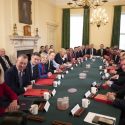Guides
Acts of ParliamentDevolved GovernmentHouse of CommonsHouse of LordsLegislative ProcessWhitehallPolitical PartiesPublic InterestThe Political Process Display All
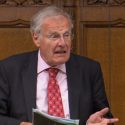

Adjournment Debates
A debate on a motion for the adjournment of the House (an adjournment debate) allows for an issue to be debated before the House of Commons then adjourns for the day.Read More
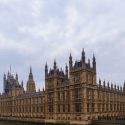

All Party Groups
All Party Groups provide an opportunity for parliamentarians to engage with individuals and organisations outside Parliament who share an interest in the subject matter of their Group. They focus either on countries or particular topics.Read More


Alliance Party of Northern Ireland
The Alliance Party of Northern Ireland describes itself as a non-sectarian party which advocates co-operation between nationalist and unionist communities. Advancing in the polls in recent years, the Alliance Party is now the third largest political party in Northern Ireland.Read More


Angela Rayner’s Tattoo – All you need to know
The background behind the tattoo sported by the Labour deputy leader, Angela Rayner.Read More


Artificial Intelligence Policy
An overview of government policy on artificial intelligence. What are the threats and opportunities presented by AI for the UK?Read More
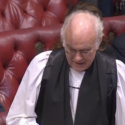

Bishops
There are 26 Bishops from the Church of England (the Lords Spiritual) who currently have an automatic right to sit in the House of Lords. Alongside, the Vatican and Iran, the UK is one of just three countries in the world, where "clerics" are automatically entitled to participate in law making.Read More


Boris Johnson Net Worth
Prime Minister, Boris Johnson is entitled to an annual salary of £161,401. All of his recent predecessors as Prime Minister have been able to command substantial earnings and fees on leaving office.Read More
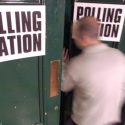

By election
An overview of by elections: what causes them, how often are they held, and details of those that have occured during this parliament.Read More
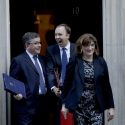

Cabinet Committees
Cabinet Committees are groupings of Ministers designed to take the pressure off full Cabinet and to provide a lower-level forum for decision-making. Cabinet Committees are set up by the Prime Minister, and he or she appoints their membership. Read More


Care Act 2014
The 2014 Care Act changed the way that adults in England who require care due to old age, illness or disability receive support. At the heart of the Care Act is the 'wellbeing principle', which establishes local authorities' responsibility to safeguard and further the wellbeing of those under their jurisdiction.Read More


Children Act 1989
The 1989 Children Act brought together and simplified existing legislation relating to the care of children. Within family law, it shifted the legislative focus towards keeping families together, and valuing children as individuals with their own interests and rights.Read More


Civil Service
The Civil Service is the operational and management tool of the Government. Civil servants implement the outcomes of the policy-making process under the supervision of Government Ministers.Read More
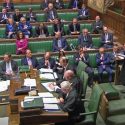

Committee of the Whole House
A Committee of the Whole House is when the Committee Stage of a Bill is taken on the floor of the House of Commons. Such committees normally only take place for emergency Bills, for certain clauses of the Finance Bill and for the clauses of Bills that have constitutional significance.Read More


Companies Act 2006
The 2006 Companies Act is the main Act now regulating British company law. It replaced the Companies Acts of 1985 and 1989. The Act is said to be the longest piece of legislation approved by Parliament.Read More


Computer Misuse Act
The 1990 Computer Misuse Act represented the first major legislative attempt to tackle cyber threats and criminalise hacking, viruses, malware, and spyware.
There were 441 prosecutions under the Computer Misuse Act between 2007 and 2018.Read More


Conservative Party
The Conservative Party is the governing party in the British House of Commons. Sitting on the centre right of the political spectrum, the Conservatives are the oldest party still represented in Parliament. With every decade older that a voter becomes, their chance of voting Conservative is said to increase by around 9%.Read More


Consideration of Amendments
If a Parliamentary Bill is amended in the Lords or Commons, and the Lords or Commons reject or change the other House's amendments, it must return to the other House so it can endorse or reject the amendments.Read More


